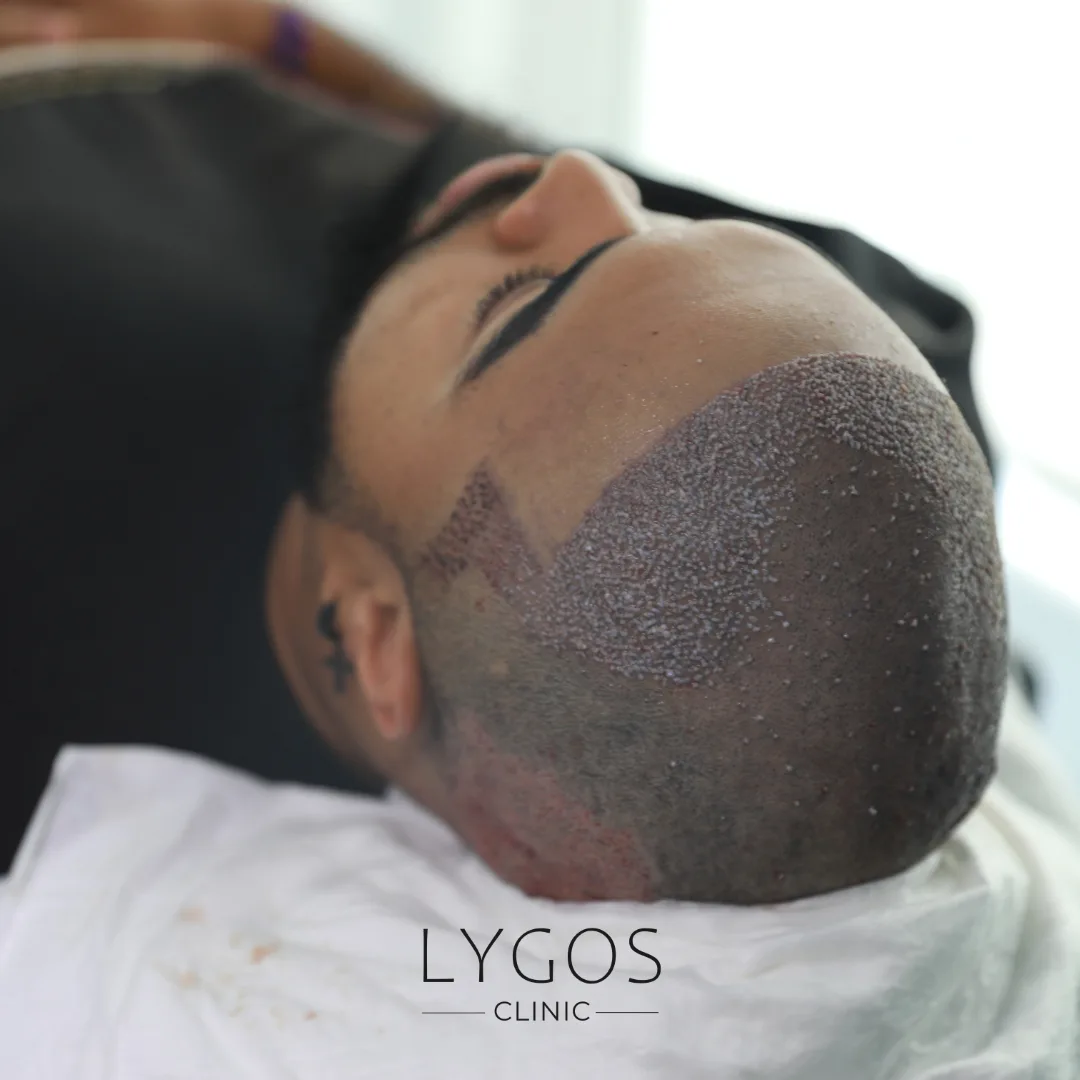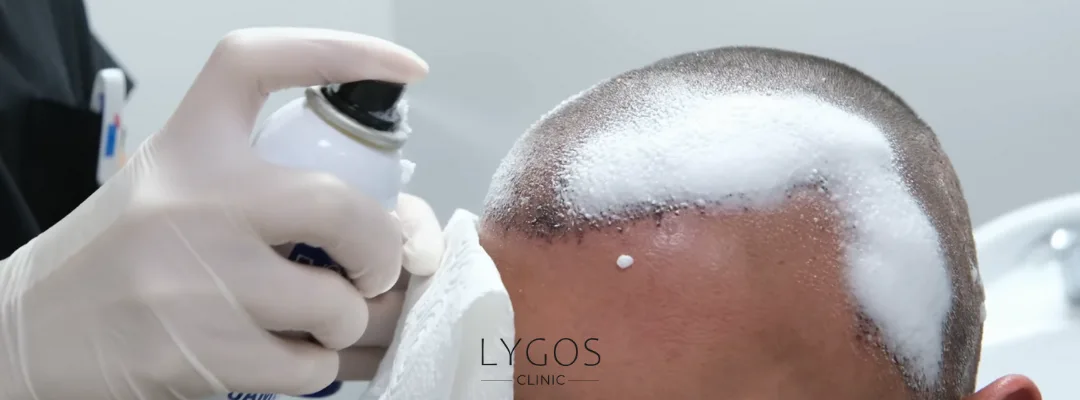Post-Hair Transplant Rest Report | How Many Days Should You Rest?

Chose Your Topic
Post-Hair Transplant Rest Report
Hair transplantation is a surgical procedure that significantly improves your quality of life aesthetically. However, a successful hair transplant process is not limited to the operation itself. Post-operative care, rest, and recuperation are crucial to ensure long-lasting results. At this point, a post-hair transplant rest report is very important for both employees and employers. So, what is this report and how is it obtained? Here are all the details.

What is a Post-Hair Transplant Rest Report?
A post-hair transplant rest report is an official medical document that certifies that a person who has undergone a hair transplant operation needs to stay away from work for a certain period. This report ensures that the patient avoids unnecessary stress and physical activity during the recovery process.
Physicians determine the duration of the report based on the patient’s overall health, the scale of the operation, and the technique used. Typically, the rest report lasts between a few days and a week, although in special cases it may be longer.
The report is important not only for employers but also for the patient, providing a guarantee that they can rest without strain during the recovery period.
How Many Days Should You Rest After a Hair Transplant?
Obtaining a post-hair transplant rest report establishes the recommended rest period after surgery. Generally, the recovery time depends on the size of the operation:
- FUE method: An average of 3–5 days of rest is usually sufficient.
- FUT method: A longer recovery period may be needed, and 7–10 days of rest is recommended.
During this period, the goal is to ensure that hair follicles properly anchor and to minimize the risk of infection. The rest report officially documents this period and allows the patient to take time off work.
Most patients should avoid heavy physical activity and movements that directly affect the scalp during the rest period. This increases the success of the operation and reduces the risk of complications.
Employers and the Rest Report: What Are Your Rights?
For employers, the post-hair transplant rest report is also significant. Labor laws guarantee that employees can take leave for health reasons and remain officially excused from work.
- Employees who submit the report to their employer do not lose salary or social rights during the specified period.
- Employers cannot assign extra work or impose penalties during the report period.
- The report is especially important for employees working in physically demanding jobs.
Thus, obtaining a post-hair transplant rest report secures both the patient’s recovery and the employer’s legal responsibilities.

Things to Consider When Obtaining a Rest Report
When getting a post-hair transplant rest report, pay attention to:
- Choosing the right medical facility: The doctor issuing the report should be the surgeon who performed the procedure or a specialist in the relevant field.
- Ensuring the report duration matches the operation: Too short or too long a report may negatively affect recovery.
- Obtaining the document in an official format: It must be in a format recognized by employers.
- Accuracy of the report content: The report should clearly describe the patient’s health condition and need for rest.
Following these steps ensures your health and work rights are protected.

What to Pay Attention to During the Rest Period
Observing certain precautions during the rest period is crucial for the success of the operation:
- Protect your head: Avoid putting direct pressure on the head in the first days after surgery.
- Avoid heavy activities: Sports, lifting heavy objects, or movements that strain the scalp can prevent hair follicles from anchoring properly.
- Follow medication and care instructions: Take prescribed antibiotics and painkillers as directed.
- Adjust sleeping position: Avoid sleeping on your stomach or side; ideally, sleep with your head slightly elevated.
- Keep the scalp clean: Maintain hygiene to reduce infection risk but avoid direct irritation.
These precautions accelerate recovery and minimize complications during the rest period.
When Can You Return to Work After a Hair Transplant?
The post-hair transplant rest report serves as a guide for safely returning to work. Most patients can resume daily work after the report period ends.
- Office or desk jobs: Can generally resume immediately after the rest period.
- Physically demanding jobs: Extra time may be needed to avoid strenuous activities as advised by your doctor.
Adhering to the rest period ensures hair follicles anchor properly and the post-operative appearance remains natural. Returning to work too early may increase the risk of complications.
Hair transplantation is an important aesthetic step, but the post-operative process is equally important. Therefore, the post-hair transplant rest report is crucial for both health and work life.
With the correct report duration, careful care, and proper rest, hair transplant results are more successful and long-lasting. For both employers and employees, this report protects legal rights and ensures a smooth recovery process.
Recovery times vary from person to person. Following your doctor’s instructions and adhering to the rest report period is critical for a healthy recovery.
Post-Hair Transplant Rest Report Frequently Asked Questions (FAQ)
The duration depends on the method and size of the operation. Generally, 3–5 days for FUE and 7–10 days for FUT. Your doctor will determine the best duration for your personal condition.
Not mandatory, but obtaining a report secures your recovery and protects your rights with an official document.
Yes, official medical reports must be accepted by the employer, and the employee cannot be assigned extra work during the report period.
Light activities and short walks are generally fine, but avoid heavy work and physical activities that strain the scalp.
Desk jobs can usually resume immediately after the rest period. Physically demanding work may require additional recovery time as advised by your doctor.



